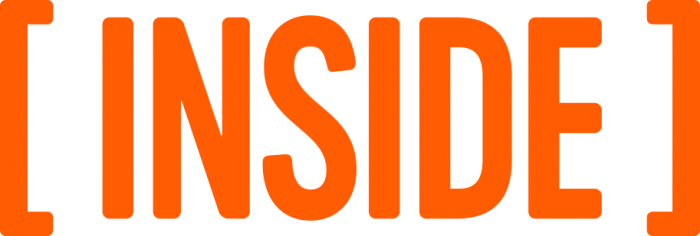The Accelerator Experience
Controversial opinion: Accelerators may create better networks for growing your startup than a college or university degree program. Why? These ecosystems are full of passionate mentors, investors, and alumni will do whatever it takes to help you grow your startup. Getting accepted isn’t easy, but once you’re there, the connections are priceless. Most accelerators end with a demo day attended by investors and offer their own investments for their program graduates.
Tips for Applying
Cast your net wide and apply to multiple accelerators. Check their requirements and only apply to programs you qualify for. Some accept founders with only an idea and a wireframe, while others require a minimum viable product (MVP) or Monthly Recurring Revenue (MRR). Save time by creating workflows that maximize the efficiency of your application process.
The startup world runs on relationships, so establish as many touch points as possible with the people in the accelerators you’re pursuing. Don’t stop at submitting an application - follow their team on socials, get involved with their events, and give your time, energy, and expertise to other founders. Techstars calls this a “give first” mentality - helping others without expecting to get anything in return.
Let’s dive in! Here are some of the top accelerators of 2023, all boasting incredible networks of mentors, alumni, investors, and corporate partners:
- Y Combinator: Arguably the world’s most famous accelerator, Y Combinator has helped launch over 4,000 startups, including Reddit, Dropbox, Airbnb, Twitch, Stripe, Instacart, and many more. Traditionally YC has been made up of graduates from schools like Harvard, MIT and Caltech. They boast over 400 exits and invest $500k in every startup they accept into their cohorts, which are three months long and take place in-person, with remote friendly options.
- Techstars: Techstars has accelerators in over 15 countries and is known as an accelerator for hardworking, business-focused “valley outsiders.” They come from schools like USC, Duke and Penn. TechStars helped launch ClassPass, SendGrid, DigitalOcean, PillPack, and more with over 900 exits. Accepted startups are offered a 100k convertible note (short term debt that converts to equity) or a 20k investment for 6% equity.
- 500 Startups: With accelerators in over nine different countries, 500 Startups has mentored and invested in over 2,700 startups worldwide with over 300 exits. Their type is the “market and distribution focused hustler.” Alumni include Canva, Udemy and Talkdesk. They offer a $150K investment for 6% equity.
- MassChallenge: MassChallenge has helped grow over 3,000 startups including Thinx, Onto, and Entocycle. They are a non profit and have a unique equity-free model. From over 2,000 alumni, they boast over 560 exits.
- SOSV: SOSV is based out of New Jersey and has funded over 2,300 companies, with 57 exits. They provide investments of $150K-250K in exchange for equity. Over 30% of the founders they back are female, and they specialize in climate and health tech.
- Plug and Play: Plug and Play is one of the largest accelerators in the world and has been around since 2006. With over 133 exits, they’ve supported companies like PayPal, Dropbox and Rappi.
- Microsoft Accelerator: These equity-free programs are offered in 14 countries across the globe. Their founders can receive up to $159K in Azure credits, and they have helped grow over 230 tech startups.
- Dreamit: With almost 400 investments and 39 portfolio exits, Dreamit is known for Healthtech and Securetech. Their accelerator was founded in 2008 and is a 14 week program.
- AngelPad: Ranked Top U.S Accelerator by MIT's Seed Accelerator Benchmark every year since 2015. Their alumni include AllTrails, Buffer, and Postmates. Angelpad is based in California and New York, and accepts very few startups to work with.
- Gener8tor: TechCrunch called them the biggest accelerator you’ve never heard of. Unique for being born out of the midwest, they have programs in over 40 locations and provide unique accelerators for artists and early career job seekers.
- The Founder Institute: Called “the world’s largest pre-seed accelerator, the Founder Institute has been helped over 6,500 entrepreneurs raise over $1.75BN in funding since 2009.
- Launch Accelerator: Launch, run by Jason Calacanis, selects seven startups for each cohort. Over 15 weeks, the founders meet 700+ investors and master growth strategies. They invest $100,000 cash for 6% equity.
If you’re doing it right, you’ll hear more no’s then yes’s, so don’t get discouraged. Many founders apply to accelerator programs multiple times before being accepted. If you do pivot away from accelerators, consider the many in person and virtual “entrepreneurial support organizations” that will help you refine your product, make connections, and find investment.
Connect with mentors, founders, and investors at inside.com/startups.








